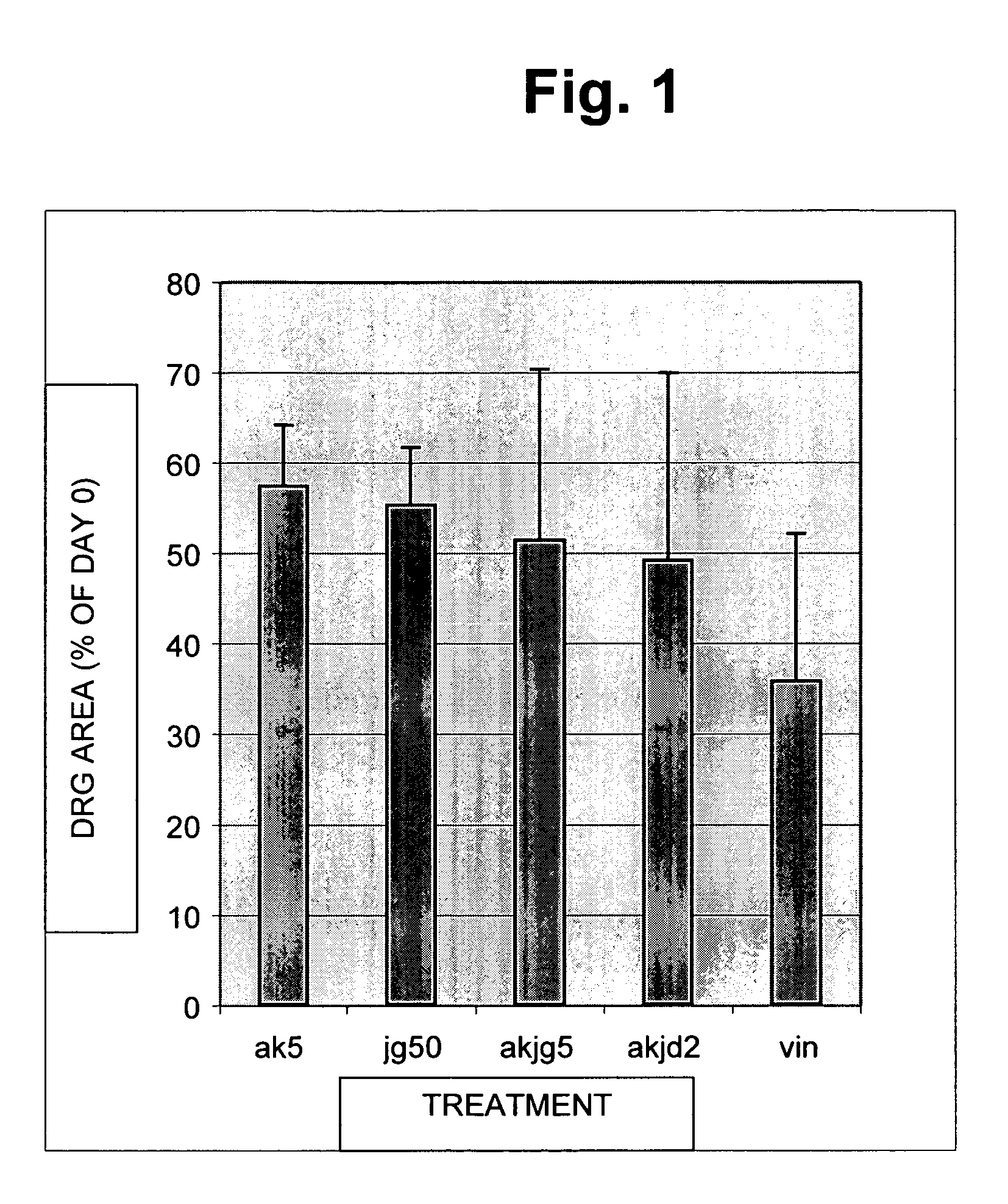Georgia Tech inventors have found methods for treatment and/or prevention of nerve degeneration in mammals using AZA-peptide epoxide caspase inhibitors.They have shown that cysteine proteases can be inhibited by contacting an AZA-peptide epoxide with a cysteine protease, either in vitro or in vivo. This composition is able to treat numerous diseases related to protease activity including viral infections, stroke, neurodegenerative disease, and inflammatory disease. One or more AZA-peptide epoxides can be administered with or without other protease inhibitors or other therapeutic agents including anti-viral compounds such as anti-viral nucleosides/analogs.
- Versatile: able to treat multiple diseases
- Can be administered with or without other protease inhibitors
- Nerve degeneration/ motor neuron disorders
- Alzheimer’s disease
- Parkinson’s disease
- Multiple sclerosis
- Neuropathies
- Huntington’s disease
Proteases are enzymes that break down proteins and peptides and are classified into various subgroups. Cysteine proteases are a group of enzymes involved in numerous diseases, and cysteine protease inhibitors can be used therapeutically for treatment of diseases involving cysteine proteases. Numerous cysteine proteases of varying structures have been identified, however most are not considered suitable for therapeutic use because of lack of selectivity, cytotoxicity, poor solubility, and overly rapid plasma clearance. Recently, epoxides have been found to inhibit cysteine proteases. The first epoxide discovered for this purpose was E-64, which is a potent and specific irreversible inhibitor, however it does not inhibit all cysteine proteases. Additionally, there is a need for treatment of nerve degeneration in patients, particularly peripheral neuropathy because it is a major dose-limiting complication of common anti-cancer agent and results in a drastic reduction in quality of life.

